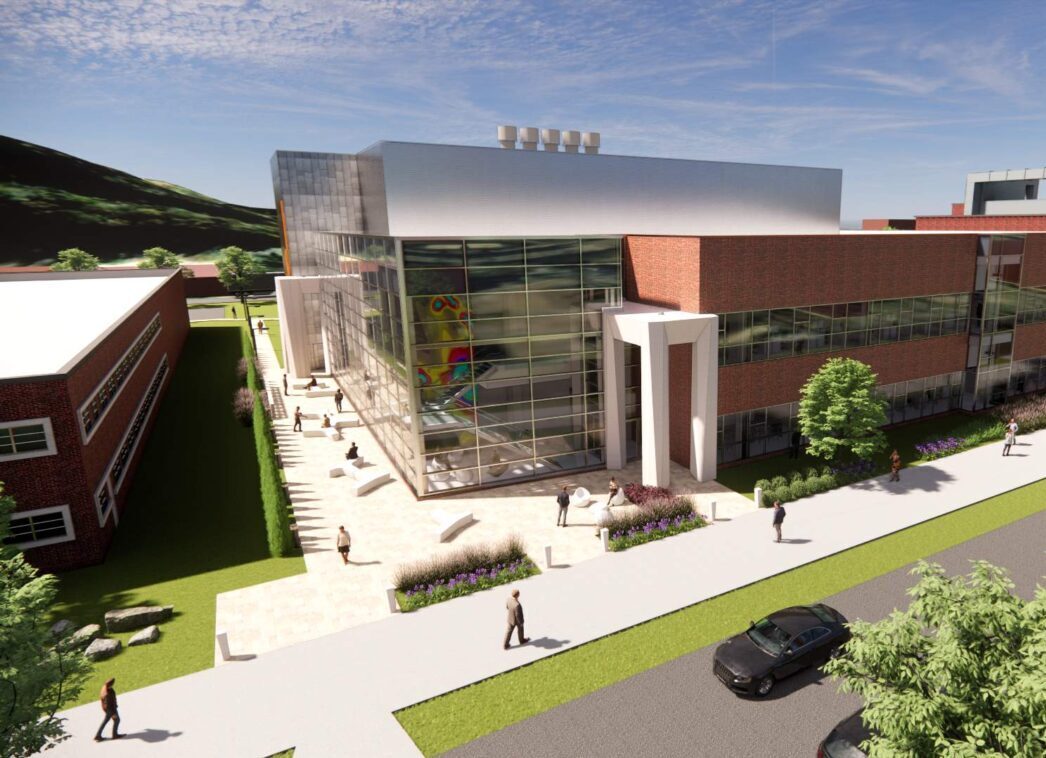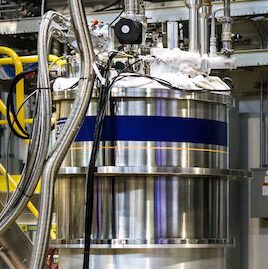Mission Trash
By linking the unique capabilities of the national labs with leading university investigators, the Quantum Science Center (QSC) is advancing the science of quantum materials, sensors, and algorithms in ways impossible through other means.
In order to accelerate innovation, researchers need new technologies to accurately predict, detect, and model complex phenomena such as energy generation and efficiency, national security, new materials discovery, and fundamental physics. This opportunity now exists by developing a new generation of technologies that exploits quantum mechanics to deliver much-needed advances in computation and sensing. The QSC located at ORNL is dedicated to overcoming key roadblocks in quantum state resilience, controllability, and ultimately the scalability of quantum technologies to realize the quantum future.
Integral to the activities of the QSC is the development of the next generation of scientists and engineers; by actively engaging students and postdoctoral associates in research activities, the Center offers a rich environment for professional development. Further, by working in close conjunction with industry from its inception, the QSC strongly couples its basic science foundation and technology development pathways to transition applications to the private sector.

Scientific Thrusts
The QSC is organized into three thrusts to meet its overarching goal. Each thrust comprises specific aims that address closely linked research areas designed to balance lower-risk, near-term goals that leverage existing quantum technologies to probe, simulate, and improve understanding of quantum phenomena with long-term goals of achieving revolutionary breakthroughs in topological protection and manipulation of quantum information.

Thrust 1: Quantum Materials Discovery and Development
Thrust 1 demonstrates and controls non-Abelian anyon states relevant to Quantum Information Science (QIS) in real materials. These states are expected to exist in electronic materials with nontrivial topologies and magnetic systems with entangled quantum spins, and the topological protection and delocalization of the states that make them attractive for QIS applications can also make them difficult to probe and to understand. Thus, research in this thrust is focused on understanding and developing topological electronic materials, quantum spin systems, and quantum probes.
Led by ORNL’s Michael McGuire
